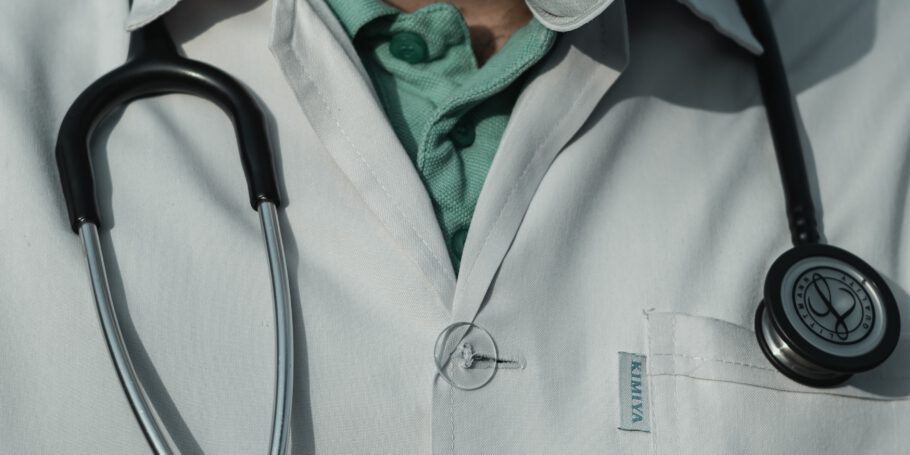Tax credit for donors – zero VAT rate for entities providing personal protective equipment
Areas of interests / 27 April 2020

The exceptional circumstances which we are facing in connection with the SARS-CoV-2 epidemic result in a multitude of new legislative solutions. These solutions are primarily aimed at facilitating and accelerating implementation of activities aimed at stopping the development of the epidemic. They include tax solutions targeted at those companies who have decided to fight the epidemic by donating various types of measures to contain it, such as personal protective equipment – a basic weapon in the fight against the disease.
Zero VAT rate on medical devices
The Ministry of Finance announced on Thursday, 12 March 2020, a draft regulation which is to introduce a reduced – zero VAT rate on medical devices within the meaning of the Act on Medical Devices, as well as laboratory glassware, laboratory apparatus, medicinal products, and active substances within the meaning of the Act on Pharmaceutical Law. The new rate will also apply to biocidal products and personal protective equipment.
The reduced rate will only be used for the supply of goods intended for the purposes of combating infection, preventing the spread of, counteracting and combating the effects of the infectious disease caused by the SARS CoV-2 virus. Products subject to the reduced VAT rate include masks, coveralls, shoe protectors, caps and gloves, disinfectants, specialized diagnostic tests for analyzing and detecting pathogens in water, air and soil. They are necessary to fight the epidemic.
Limited group of recipients
The authors of the draft specify in the justification that “in the event of a threat to people’s health or even lives, economic entities engage in the donation of goods to public entities whose task is to maintain reserves of goods gathered in the event of a threat to, inter alia, public security, order and health, or occurrence of a natural disaster or crisis. These entities are an essential link in the distribution of products needed by people in the event of these threats.” Such tasks are carried out by:
- Material Reserves Agency, which maintains and shares strategic reserves (including medical reserves),
- Central Sanitary and Anti-Epidemic Reserve Base, which maintains a permanent reserve and is responsible for the distribution of specific health-related goods intended for healthcare organization in the event of an epidemic crisis situation.
Therefore, donations of the abovementioned products can be made to these two entities. In order to benefit from the preferential tax rate, the donor will have to enter into a written donation agreement with the recipient.
What about the donations made before the regulation entered into force?
The reduced tax rate will apply from the date of entry into force of the Regulation until 31 August 2020. The draft regulation, however, provides for the possibility of applying it to donations that were made before the entry into force of these laws, however not earlier than on 1 February 2020. The initial date of the possibility of applying the preference rate correlates with the first warnings of the Chief Sanitary Inspector about the possibility of occurrence and effects of the SARS CoV-2 virus on the territory of Poland.
With regard to the donation made from 01 February 2020 to the date of entry into force of the Regulation, in order to benefit from the preferential rate it will be necessary to conclude an appropriate donation agreement, which in this case may also be replaced by a written confirmation of the donation of specific goods by the donor and the recipient.
The article written by Olga Sulewska, a 4th year student of Law, assistant lawyer at GWW.
Author
Olga Sulewska
aplikantka adwokacka
Od zawsze chciałam zostać prawnikiem, dlatego zdecydowałam, żeby rozpocząć studia w tym kierunku. Obecnie jestem studentką 4. roku prawa na Uniwersytecie Kardynała Stefana Wyszyńsk...
Powiązane wpisy
COVID-19 and the construction industry – force majeure in FIDIC contracts
COVID-19 and the construction industry – force majeure in FIDIC contractsAlcohol for disinfection as the tax-deductible cost
Alcohol for disinfection as the tax-deductible costTax residency during lockdown
Tax residency during lockdown
Relief for residential purposes in Poland – how does it work from January 1, 2019?
Relief for residential purposes in Poland – how does it work from January 1, 2019?Obawiasz się,
że ominą Cię
najważniejsze zmiany
w prawie?




